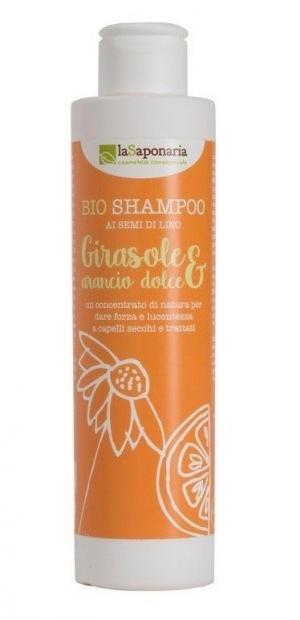Phytic acid (Phytic acid)
Other names: Phytic acid, Phytate, E391
Harm score: 2 (Derivatives of natural substances)
Phytic acid, also known as phytate or E391, is a naturally occurring organic acid found in many plants, especially cereals and seeds. This substance, which is an essential source of phosphorus for plants, is difficult for humans to digest. In fact, phytic acid and its salts, phytates, are able to bind to minerals such as manganese, magnesium, calcium or iron, thereby preventing their absorption into the human body.
Although E391 is not often found as a direct additive in foods, it is a natural component of many of them, especially legumes, nuts, seeds, whole grain cereals and rye varieties, where it can make up to 1-5% of their weight. In addition, it is also an important component of animal feeds, where it serves as a source of phosphorus. However, a high phytate content can lead to nutritional deficiencies of important minerals in animals, so their content in feed must be regulated accordingly. It is also used in the production of bioplastics and in cosmetics, for example as a stabiliser in sun creams. In the case of excessive consumption of foods high in phytic acid, a balanced diet with sufficient minerals is recommended to limit the potential risk of deficiency.
Phytic acid (Phytic acid) can be found in the following products

Protective hair and body shampoo with citronella java (200 ml) - does not smell of troublesome insects and everything
Product detail
Solid olive soap BIO - Rose oil and shea butter (100 g)
Product detail
Nourishing solid shampoo for hair and body 2in1 - Magic of the Orient (60 g)
Product detail
Shampoo with sunflower and sweet orange BIO (200 ml)
Product detail
Solid shampoo for dry and stressed hair - Lemongrass (60 g)
Product detail